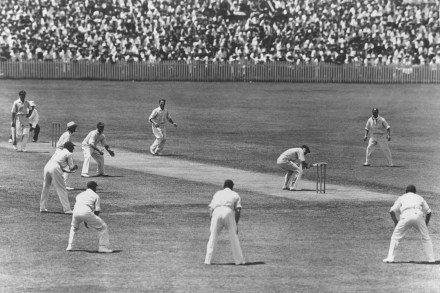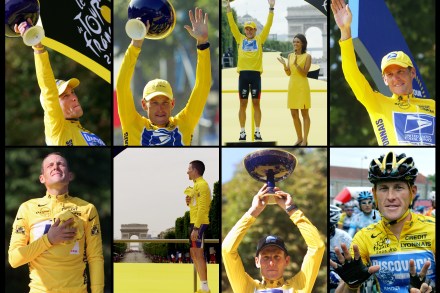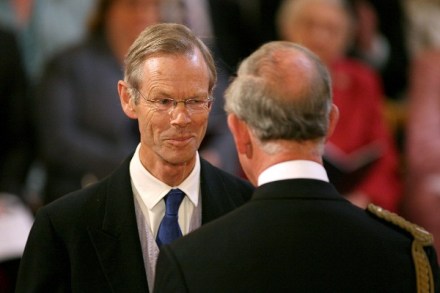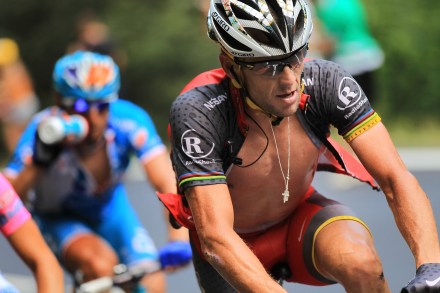Spectator sport: Here’s hoping Sachin Tendulkar has an Indian summer after 40
Sachin Tendulkar did not have the happiest of 40th birthdays last week. The man who has been worshipped as a god in India for most of his career lasted only six balls, playing for Mumbai in the Indian Premier League, before being clean bowled by a young West Indian off-spinner who was only a year old when Tendulkar made his international debut. His dismissal silenced the huge crowd who had turned out for him in Calcutta, disappointed the TV executives who know that Tendulkar at the wicket means higher ratings, and left him plenty of time to eat some of the 40lb chocolate birthday cake presented to him before the
















